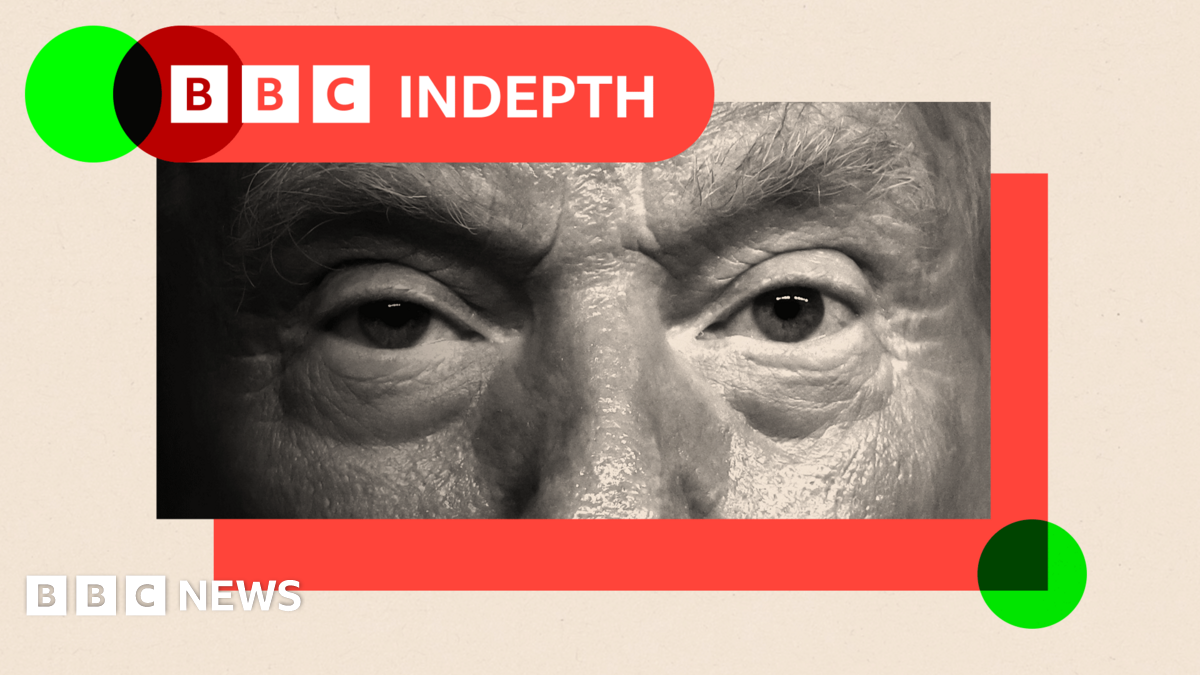So, have the Europeans really been spooked by Trump’s unpredictability, into making the most dramatic change to the security architecture of the western world since the end of the Cold War?
“It has contributed,” says Prof Trubowitz. “But more fundamentally, Trump has uncorked something… Politics in the United States has changed. Priorities have changed. To the MAGA coalition, China is a bigger problem than Russia. That’s maybe not true for the Europeans.”
And according to Prof Milani, Trump is trying to consolidate American power in the global order.
“It’s very unlikely that he’s going to change the order that was established after World War Two. He wants to consolidate America’s position in that order because China is challenging America’s position in that order.”
But this all means that the defence and security imperatives faced by the US and Europe are diverging.
The European allies may be satisfied that through flattery and real policy shifts, they have kept Trump broadly onside; he did, after all, reaffirm his commitment to Article 5 at the most recent Nato summit. But the unpredictability means this cannot be guaranteed – and they have seemed to accept that they can no longer complacently rely on the US to honour its historic commitment to their defence.
And in that sense, even if the Unpredictability Doctrine comes from a combination of conscious choice and Trump’s very real character traits, it is working, on some at least.
Top image credit: Getty Images
